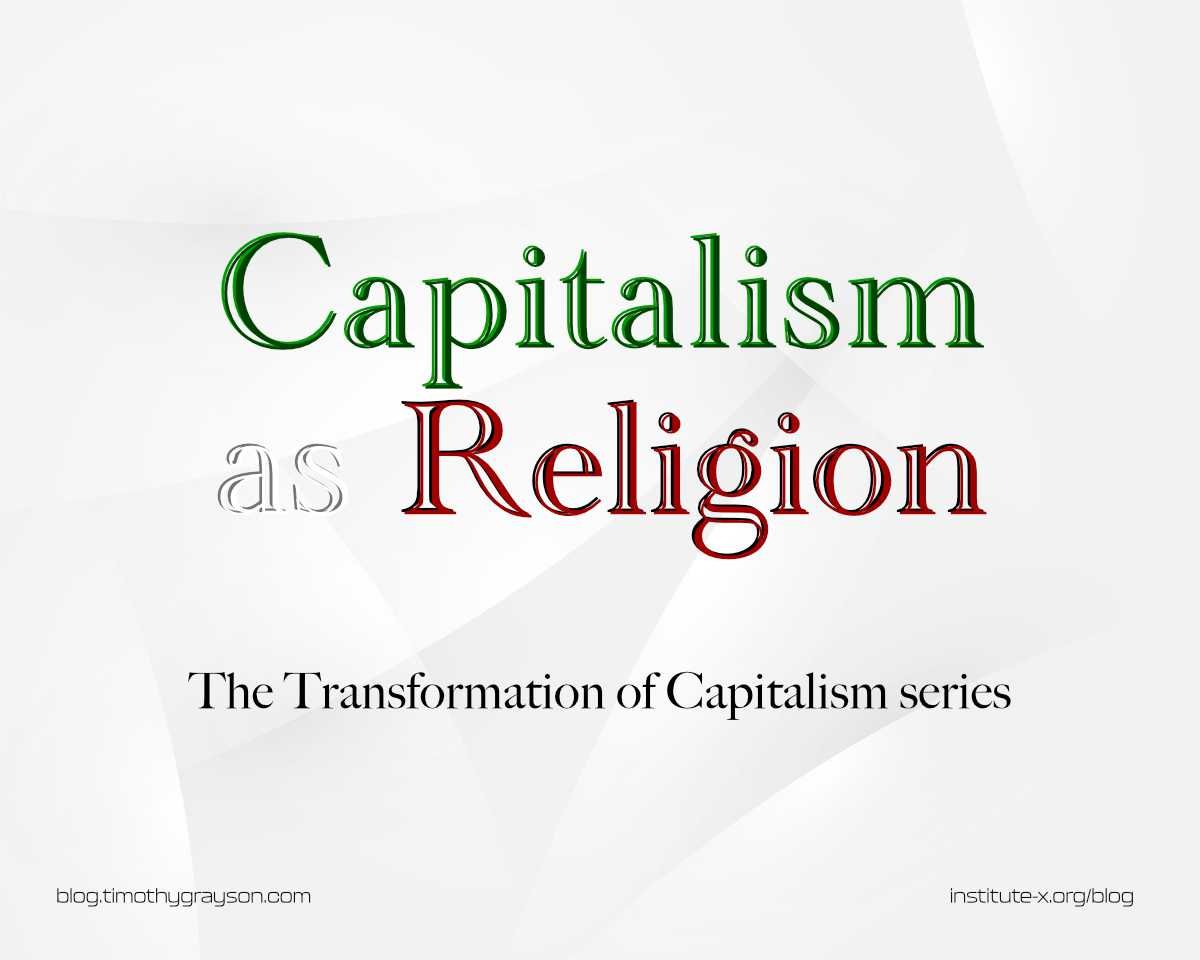Mindblown: a blog about philosophy.
-

The unachievable “Higher Level”
Thinking about “higher level,” it’s funny how words and phrases first enjoy popular attention and use, then become utterly devalued through overuse, and finally descend into the condition of allergen (at least for me) to which I (again, me) have a palpable histamine response. It’s happened with “freedom” and “patriot,” words that are effectively meaningless…
-

Nigerians know MAGA means “fool”
I was watching the most recent episode of Trafficked with Mariana Van Zeller. It was about Nigerian scammers (Black Axe) that lure people with promises of enormous inheritances to come to an African country—in this case, Mozambique. There they are sent on with a suitcase of “gifts” which, in this case, was heroin. Mariana found…
-

Did nobody think this consultant procurment would be a bad look?
Ottawa paid nearly $670,000 for KPMG’s advice on cutting consultant costs Whoever initiated the contract probably did what (s)he was told to get best practice thinking on “on ‘IT cost optimization.’ That report included supporting documents on IT contractors, domain utilization, printer consolidation, software asset management and suggestions for reducing costs in each area.” Whoever…
-

Why Capitalism (1): The Pre-Capitalist West
The development—creation and evolution—of Capitalism was hardly preordained. But it is too easy to look backward and conclude that where are now was inevitable. Nothing is inevitable. So why then? The question warrants a look at conditions leading to the birth of capitalism. We will eventually need to dedicate time to capitalism’s evolution to…
-
Adidas Canada — Really, that’s the best you could do?
On behalf of parents everywhere, I want to tell the brand and/or marketing manager at Adidas Canada who authorized the FIFA World Cup ad spot featuring Ashley Lawrence they should be sorry. If you have already paid your agency: ask for your money back. The art is fine. Ashley Lawrence is excellent subject matter. The…
-

Religious About Capitalism
This piece was completed in 2018, before the pandemic. The other essays in the serialization of “Capitalism as Religion” are descendants of this essay. It’s contextualizing references—Brexit and Trump—are a little stale. Also, its argument tilts very heavily to defining religion for the first half of the essay, all in service of the argument that…
-

The Hypocrisy of Freedom/Fredum and Religion
The word “freedom” has been drained of any worth. There was a time when it was a foundational article of constitutional republics and democracies the world over. There was a time that young men died in the name of freedom from genuine fascist tyranny. There was a time that the fight for freedom from a…
-

Pro-Corporate Proselytization; The Best Since Christianity
Proselytization is a fancy word for outreach and conversion. For reasons that will be clear to anybody arriving because of a post on Transforminator that presaged a series of posts exploring Capitalism as if it were religion, and because of just who I am that would be unsurprising to those closest to me, I have…
-

Lab Leaks and Red Herrings
Since 2020, I, like everyone else in North America, have been treated to a regular though slowly diminishing force feeding of “news” about the “Lab Leak” source for the COVID pandemic. At first, when it was novel (like the Coronavirus underlying the pandemic), it made me wonder. Today, it makes me wonder—about the people obsessing…
-

Easily digestible conspiracy and pseudo-insight: strong misdirection?
Misdirection. A few days ago something exploded over the Kremlin. It was such an elaborate pantomime of an attack that only the willful, gullible, or compelled would not make common league with the conspiracists to consider the whole episode remarkable bullshit. That Russia immediately took to its airwaves and any other channel that would sustain…
-
Has ‘stupid’ had its moment?
I’m certain the Globe & Mail story from Prince Rupert, BC, on 22 April needs no further adornment besides the following brief addition: Praise be. B.C. Judge Cites Stupid Defendant… and was right Judge in Prince Rupert, B.C., strikes arguments as ‘stupid’ in contempt case Best of the judge’s language: Amen.
-
“Everybody Lies” — But normalizing it is wrong
Politicians lie. Trump lies. Criminals lie. But now I’m repeating myself. The point is that lying is human and it wouldn’t be central to every single ethos since the species became social if it weren’t. The quotation, however, come out of the mouth of fictional doctor Gregory House—itself… a lie, of a sort. Oh the…
Got any book recommendations?